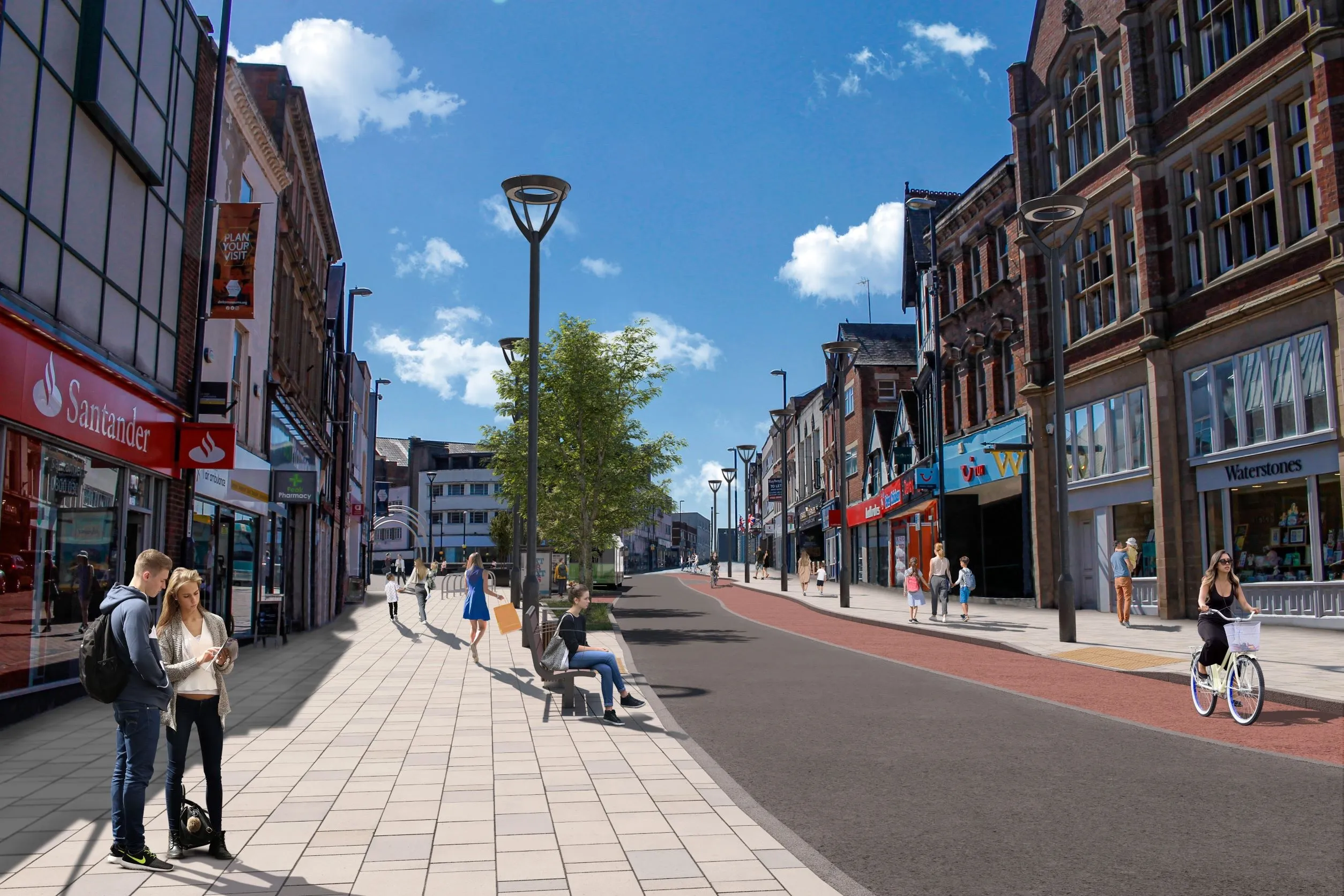Work begins shortly on the initial phase of a US$278 million project to improve the M3 between the M25 and Farnborough.
The section between junctions 2 and 4a will become a smart motorway, adding a fourth lane in both directions in place of the hard shoulder and adding enhanced on-road technology to keep traffic moving safely and reliably, providing a boost for businesses and the wider economy. The road will also be resurfaced with a new, low noise material. The main works are due to be completed by the
October 30, 2014
Read time: 1 min
Work begins shortly on the initial phase of a US$278 million project to improve the M3 between the M25 and Farnborough.
The section between junctions 2 and 4a will become a smart motorway, adding a fourth lane in both directions in place of the hard shoulder and adding enhanced on-road technology to keep traffic moving safely and reliably, providing a boost for businesses and the wider economy. The road will also be resurfaced with a new, low noise material. The main works are due to be completed by the end of 2016.
503 Highways Agency project manager Pranav Devale said: This busy section of the M3 is used for more than 130,000 journeys every day, and these vital improvements will add much needed extra capacity. Smart motorways are a safe, cost effective solution for improving journeys.”
The section between junctions 2 and 4a will become a smart motorway, adding a fourth lane in both directions in place of the hard shoulder and adding enhanced on-road technology to keep traffic moving safely and reliably, providing a boost for businesses and the wider economy. The road will also be resurfaced with a new, low noise material. The main works are due to be completed by the end of 2016.









